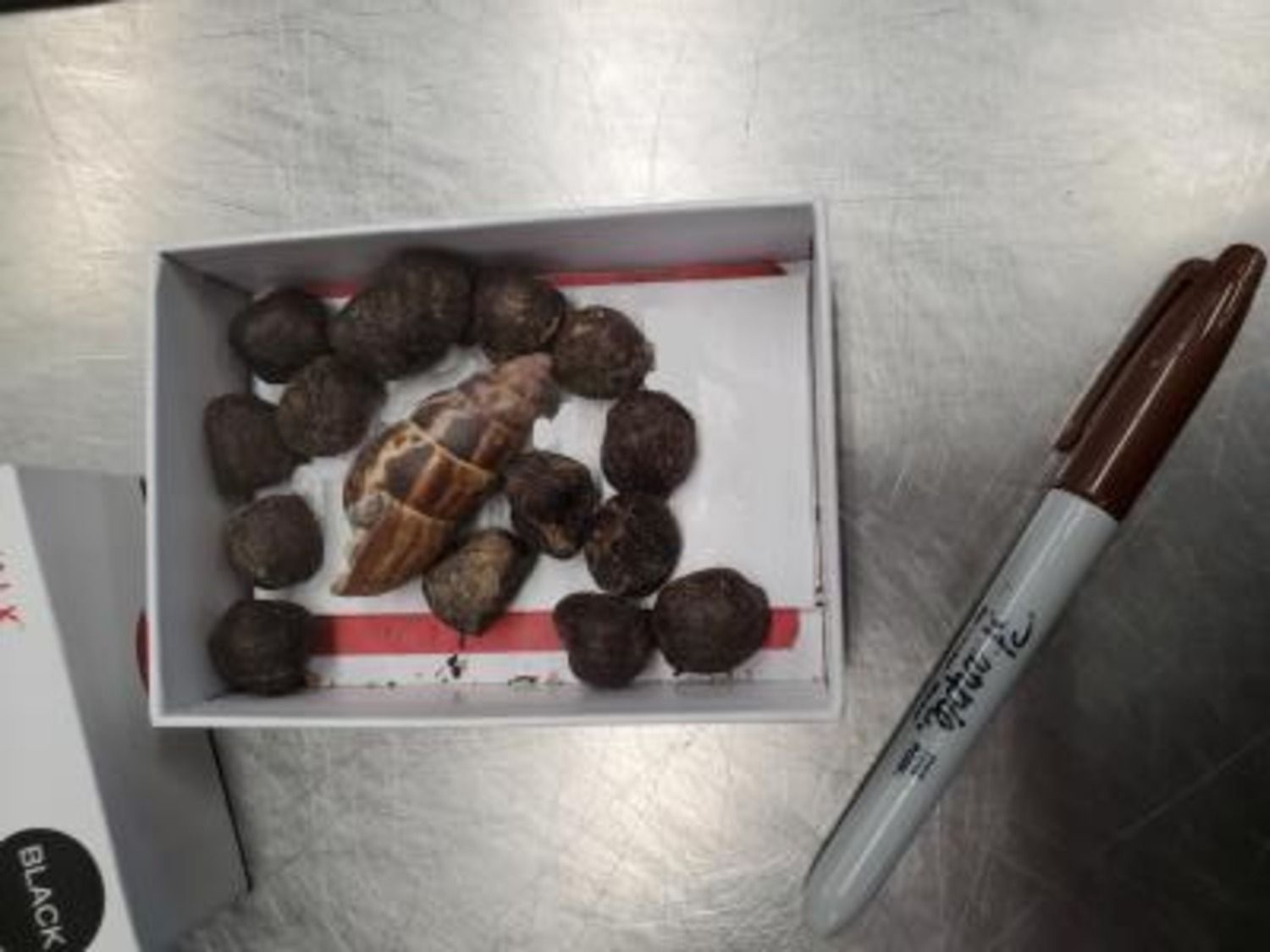Summary
- Customs officials at Minneapolis Airport seized a box of giraffe feces from a passenger who intended to use it for jewelry making.
- The box of feces was destroyed via steam sterilization, preventing the potential spread of diseases like African Swine Fever and Foot and Mouth disease.
- The CBP is responsible for protecting US biodiversity and has made other unusual seizures, including a dolphin skull and dried rodents.
Customs officials at Minneapolis–Saint Paul International Airport (MSP) found themselves at the center of a strange story this week after seizing a box of giraffe feces from a passenger hoping to make a necklace.
Hook, line, and stinker
As reported by the US Customs and Border Protection (CBP) on Thursday, agents at Minneapolis Airport were shocked when a passenger returning from Kenya presented a box of giraffe droppings at customs on September 29. According to the agency, the passenger explained she intended to use the feces in jewelry making and had previously used moose excrement in her home state of Iowa.
The woman did not have a Veterinary Services Permit to import the feces, and the box was seized at the airport and destroyed via steam sterilization in line with Department of Agriculture protocol. An image shared by the CBP shows the relatively small yet dangerous box of excrement recovered by its agents.
Photo: US Customs and Border Protection
The CBP has cautioned that feces from Kenya could contain various dangerous and life-threatening diseases, including African Swine Fever, Classical Swine Fever, Newcastle disease, Foot and Mouth disease, and Swine Vesicular Disease. CBP Chicago Field Director LaFonda D. Sutton-Burke noted,
“There is a real danger with bringing fecal matter into the U.S. If this person had entered the U.S. and had not declared these items, there is high possibility a person could have contracted a disease from this jewelry and developed serious health issues.”
According to Sky News, no fines or sanctions have been filed against the unnamed passenger as she surrendered the excrement to agents.
Doing their doody
Alongside ensuring safe and secure air travel, the CBP also covers protecting US biodiversity from biological diseases and invasive species. CBP Port Director for Minnesota Augustine Moore explained,
“CBP’s agriculture specialists mitigate the threat of non-native pests, diseases, and contaminants entering the United States. CBP agriculture specialists have extensive training and experience in the biological and agriculture sciences, they inspect travelers and cargo arriving in the United States by air, land, and seaports of entry.”
Photo: grandbrothers/Shutterstock
Other recent unusual seizures include a dolphin skull discovered in unaccompanied baggage at Detroit Metropolitan Airport (DTW) in Wayne County, $2000 worth of dried meats at Minneapolis, and dried rodents from Liberia at Chicago O’Hare Airport (ORD).
Over 5,100 other agricultural items were seized at the Chicago hub during January 2023, ranging from a repeat offender attempting to bring in fresh produce and dried animal skins to a parcel in-bound from the Congo containing up to 30 “unfinished” animal body parts, likely from an antelope or duiker.
The agency has advised travelers to consult its information center to ensure that their imports of agricultural items, animal products, and other biological products are legal and have the required permits. The CBP also notes that arriving passengers should declare all items acquired while abroad to agents at the border to prevent the possibility of fines, criminal penalties, and damage to the US ecosystem.
Did Minnesota Airport’s Customs agents handle the incident well? Let us know your thoughts in the comments.
Source: Sky News




